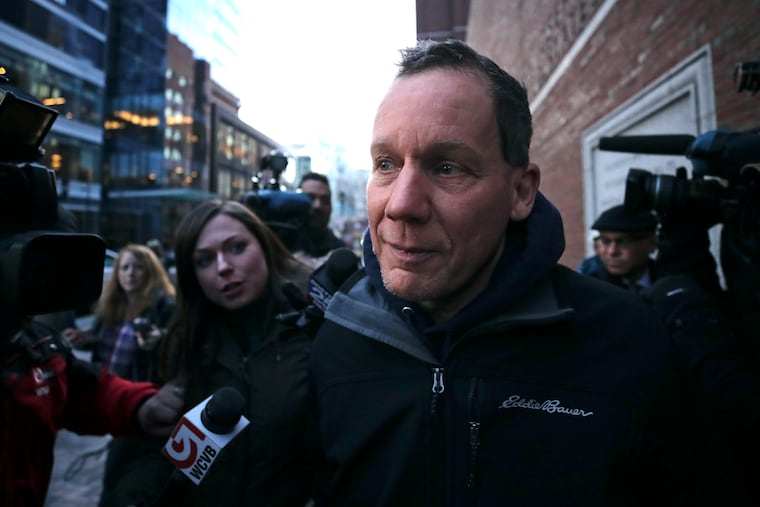U.S. investigates Harvard and Yale over foreign revenue sources
Federal lawmakers and agencies have raised concerns about the possibility that Chinese interests are waging a hidden campaign of academic espionage at U.S. universities.

WASHINGTON — The Education Department asked Harvard and Yale universities this week for records on their financial dealings with foreign governments, businesses and other entities as it notified the two Ivy League schools of investigations into their compliance with a law requiring disclosure of foreign gifts and contracts.
The civil investigations, revealed in letters to the schools on Tuesday, echo others the department has opened in recent months related to foreign gifts and contracts at Georgetown, Texas A&M, Cornell and Rutgers universities, the Massachusetts Institute of Technology and the University of Maryland.
A common thread in the investigations is questions about funding from China. Federal lawmakers and agencies have raised concerns about the possibility that Chinese interests are waging a hidden campaign of academic espionage at U.S. universities.
The FBI last month arrested the chair of Harvard's chemistry department, accusing him of lying about his work for a Chinese university. The renowned chemist, Charles Lieber, was released on bond and has not been arraigned. His attorney, Peter Levitt, declined to comment Wednesday.
The letters this week to Harvard and Yale asked for records dating back several years regarding gifts or contracts with the Chinese government and the Chinese company Huawei Technologies, as well as records related to a Chinese academic recruiting initiative known as the "Thousand Talents" program.
Education officials also sought records the universities might have in connection with funding from the governments of Qatar and Saudi Arabia, among others.
"The Department is aware of information suggesting Harvard University lacks appropriate institutional controls" and therefore might not have fully complied with disclosure requirements, the letter to Harvard said.
Harvard spokesman Jonathan Swain said the university is reviewing the letter and preparing a response.
The letter to Yale stated that the university apparently "failed to report a single foreign source gift or contract in 2014, 2015, 2016 and 2017." It added that the department is "concerned" that Yale's reporting "may not fully capture all gifts, contracts, and/or restricted and conditional gifts or contracts from or with all foreign sources."
In a news release Wednesday, the department said it had discovered that Yale may have failed to report at least $375 million in foreign gifts and contracts.
Yale spokeswoman Karen Peart said the university is reviewing the request and preparing to respond.
Education Secretary Betsy DeVos said the investigations are about transparency. "If colleges and universities are accepting foreign money and gifts, their students, donors and taxpayers deserve to know how much and who from," she said in a statement. "Moreover, it's what the law requires. Unfortunately, the more we dig, the more we find that too many are underreporting or not reporting at all."
Federal law requires most U.S. colleges and universities to report foreign gifts and contract revenue exceeding $250,000.
The department said its enforcement actions since July have led to the reporting of about $6.5 billion in previously undisclosed foreign revenue to colleges and universities.
In a November letter, the department told Sen. Rob Portman (R., Ohio), chairman of the Senate’s Permanent Subcommittee on Investigations, that it had concerns that many universities use “financially opaque captive foundations, foreign campuses, and other structures to generate revenue, including from foreign sources.”
The department also expressed concern to Portman that some foreign governments and corporations may be establishing financial ties with U.S. universities in an effort to "project 'soft power,' steal sensitive and proprietary research and development data and other intellectual property, and spread propaganda."
Portman and Sen. Thomas Carper of Delaware, the ranking Democrat on the subcommittee, praised the crackdown on disclosure lapses.
“The fact that $6.5 billion in foreign gifts to U.S. institutions went unreported until now is shocking and unacceptable,” the senators said in a joint statement.